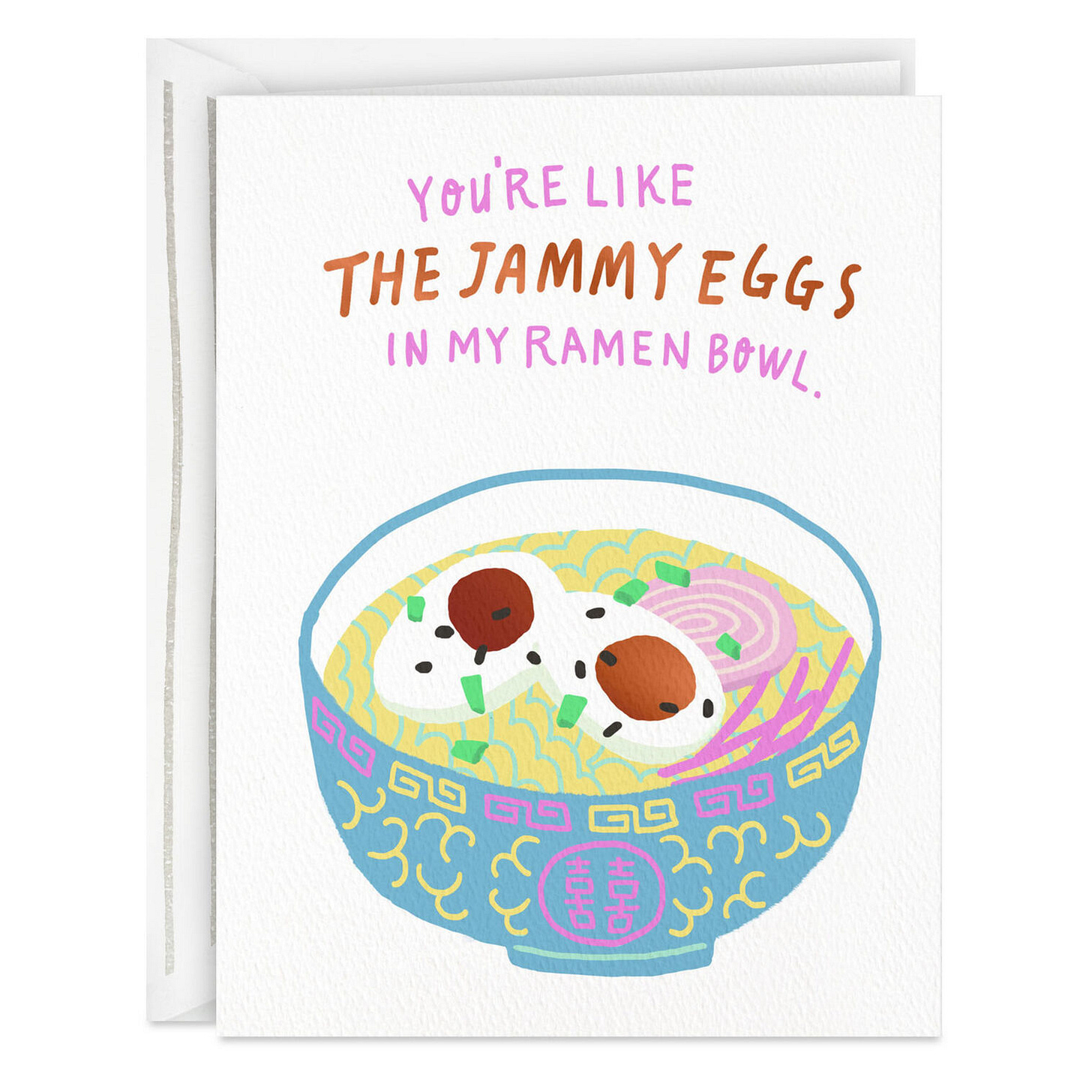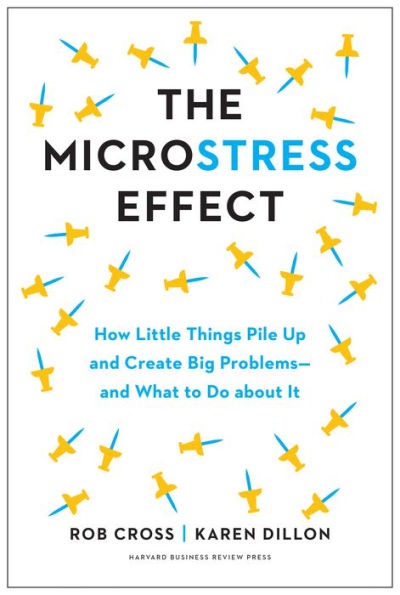Where's the Greeting Card for Hair Loss?
Complicated lives not covered in the greeting card aisle.
Which sympathy card should I send to someone whose parent just died…if that parent was a jerk?
The selection at the card store assumes that life is idyllic. The cards take for granted that you’ll miss the parent, and that you’ll treasure your memories. Maybe their death is a relief. Or, a swirl of emotions, including regret, pain inflicted by old wounds, and the end of hope that they’ll become a different person. Or, maybe the person was lost to dementia long ago.
In that vein, I’ve often longed for a birthday card to send to someone who’s terminally ill, and facing their last birthday. Or for the first birthday after someone’s mother has died. Or the Mother’s Day card for a mom whose child is lost to death, or drugs, or rage. Or, complex losses, like quitting driving, or losing your hair to chemo.
No surprise, the art of sending paper cards has waned, although one expert says we still long for a card we can hold in our hands. “This pandemic with lockdowns, Zoom calls, virtual and remote workplaces that we’ve lived in, has made us crave these kinds of three-dimensional, material forms of consumption.” Is that true?
There are cards for loneliness, same-sex marriages (of course!) and the loss of a pet, which are a good start. Lots of snarky friendship cards, which I adore. Hallmark now offers to mail the card for you, with the robot writing out the message you choose, which is a clever idea. Much less work than finding a stamp. Or, for our young friends, looking up how to address the envelope.
Did you last send a paper card in 1998? Or, do you still love them? I’d love to hear.
The book I’m loving: The Microstress Effect, about all the places where communication gaps cause background stress that piles up. The boss who thinks out loud, the unclear assignment, the shifting deadline. We get used to it, and don’t see all the stress that we could avoid. Lots of concrete action steps for everyone!








I just sent out 40 Thanksgiving cards. Why would a pastor, approaching one of the busiest seasons of the year do this? Insanity? Almost. But I can picture every person opening the card and sighing. I was thought of today, I matter. This is often what cards do for people. Many on my list are older relatives or older colleagues. Some have lost spouses and are alone, others no longer can travel to loved ones over the holidays. AND They SAVE the cards and reread them, or so I've been told. THE COST? It cost $20 at the dollar store for the cards, then the cost of stamps, then 2 hours of my time to write something in them and seal them. This is an investment in relationships. Oh my friends, well worth the cost, time and energy. Sending blessings and joy. Yes, complicated lives are not often covered in greeting cards, and they should be! Lets design an entire line of hard to find cards Mary! This could be our retirement project! Because card sending matters. oh it matters.
I send both electronic and hard copy cards. Agree with the comments about the value of holding a card in your hands and all that goes into selecting, composing, mailing, etc. a card. I am old-fashioned enough to think that I should send hard copies of Christmas cards because they are the real thing. Anything electronic is a little less than what the recipient deserves.
Another aspect is the archival value of a hard copy card. When in college, I would receive letters from both parents. Kept them for awhile but eventually discarded them. How I would treasure them today! One from my dad with all his crazy puns and one from my mom hinting that she really wanted me to enter the ministry. When I read about someone who discovered in the attic a box of letters exchanged while a loved one was away during the war, I think how can texts or emails possibly duplicate that. What happens to the heartfelt emails that are sent between friends or lovers during an extended time away? Where are the copies? How are they preserved? What about for genealogical purposes? Historical documentation?